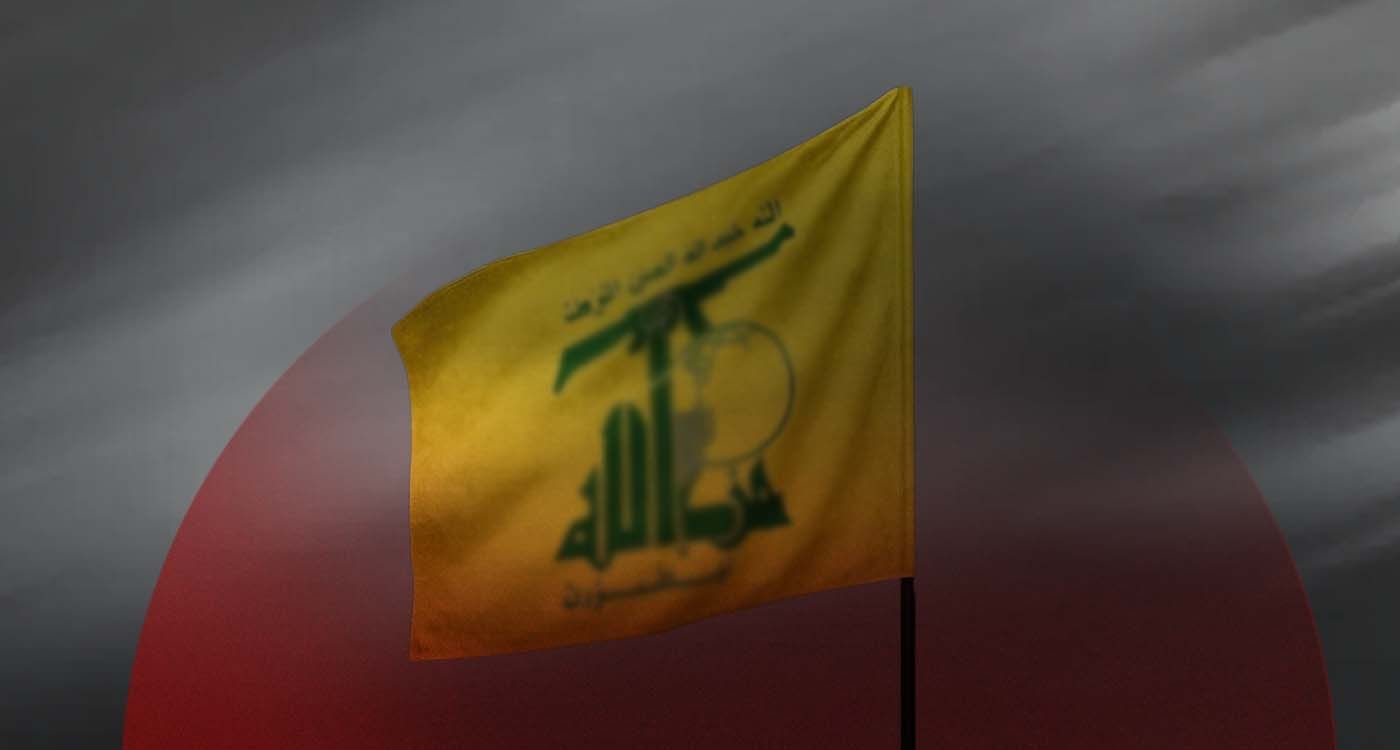
The time has come to deprive Hezbollah of its footing and halt its systematic effort to dismantle what remains of the Lebanese state.
John Hurley, the Under Secretary of the U.S. Treasury for Terrorism and Financial Intelligence, stated last week that there is now a favorable opening in Lebanon to disrupt Iranian funding to Hezbollah and exert pressure on the group to lay down its arms, adding that the United States intends to seize this opportunity.
One Billion Dollar Transfer to Hezbollah
In an interview with Reuters on Friday, Hurley revealed that Iran had managed to transfer nearly one billion dollars to Hezbollah this year, despite a series of Western sanctions that have heavily impacted its economy.
“There is a decisive moment in Lebanon right now. If we could convince Hezbollah to lay down its arms, the Lebanese people could reclaim their country,” Hurley said, adding that “the key to achieving this is ending Iranian influence and control, starting with all the money they channel into Hezbollah.”
He went on to emphasize: “Even though the Iranian economy is struggling, Tehran continues to funnel significant sums of money to its terrorist proxies.”
A U.S. Delegation in Lebanon
Hurley is part of a U.S. delegation visiting several countries—including Turkey, Lebanon, the United Arab Emirates, and Israel—tasked with tracking Iran’s funding networks in the region and preventing the transfer of funds to its armed branches.
According to sources close to the matter, the delegation, which arrived in Beirut on Saturday, sought information on Hezbollah’s financing channels amid tightened controls on money transfers through the banking system and Beirut International Airport (BIA). It also explored the measures Lebanese authorities are considering to curb financial flows from Iran.
The Ministry of Finance acknowledges that certain joint initiatives by the Lebanese central bank (BDL) and local authorities have helped restrict these flows, but have not succeeded in eliminating them, as the predominance of cash in the Lebanese economy continues to facilitate such transfers.
Money Changers and Transfer Companies in the Spotlight
In this context, a source within the BDL indicated that the institution plans to tighten operating conditions for e-wallets and money transfer companies, of which there are eighteen. According to the source, these companies will now be required to fund their accounts with the central bank each time they open a new branch citing the example of a single company with roughly 1,800 service points across the country.
Other sources say some entities reportedly secure a BDL license for a limited number of transactions, only to close down and sell this valuable authorization at a high price.
It is worth noting that at the end of last week, Washington imposed sanctions on two individuals accused of using money exchange offices to fund Hezbollah, which is designated as a terrorist organization by several Western countries and Gulf Arab states.
What the Financial Times and Wall Street Journal Report
The Financial Times reported at the end of October that Hezbollah-linked associations were using digital wallets and Lebanese money transfer companies, such as Whish Money and OMT, to bypass sanctions and raise funds.
Journalists from the British daily said they had checked several active accounts and documented international transfers, including from the Republic of Congo. The investigation has reignited debate over the vulnerability of digital payments in Lebanon.
Similarly, a Wall Street Journal article reports that Hezbollah received substantial cash transfers sent from Iran via BIA. The newspaper claims that Iranian diplomats and Turkish nationals carried suitcases filled with dollars intended to fund the militia’s operations.




Comments